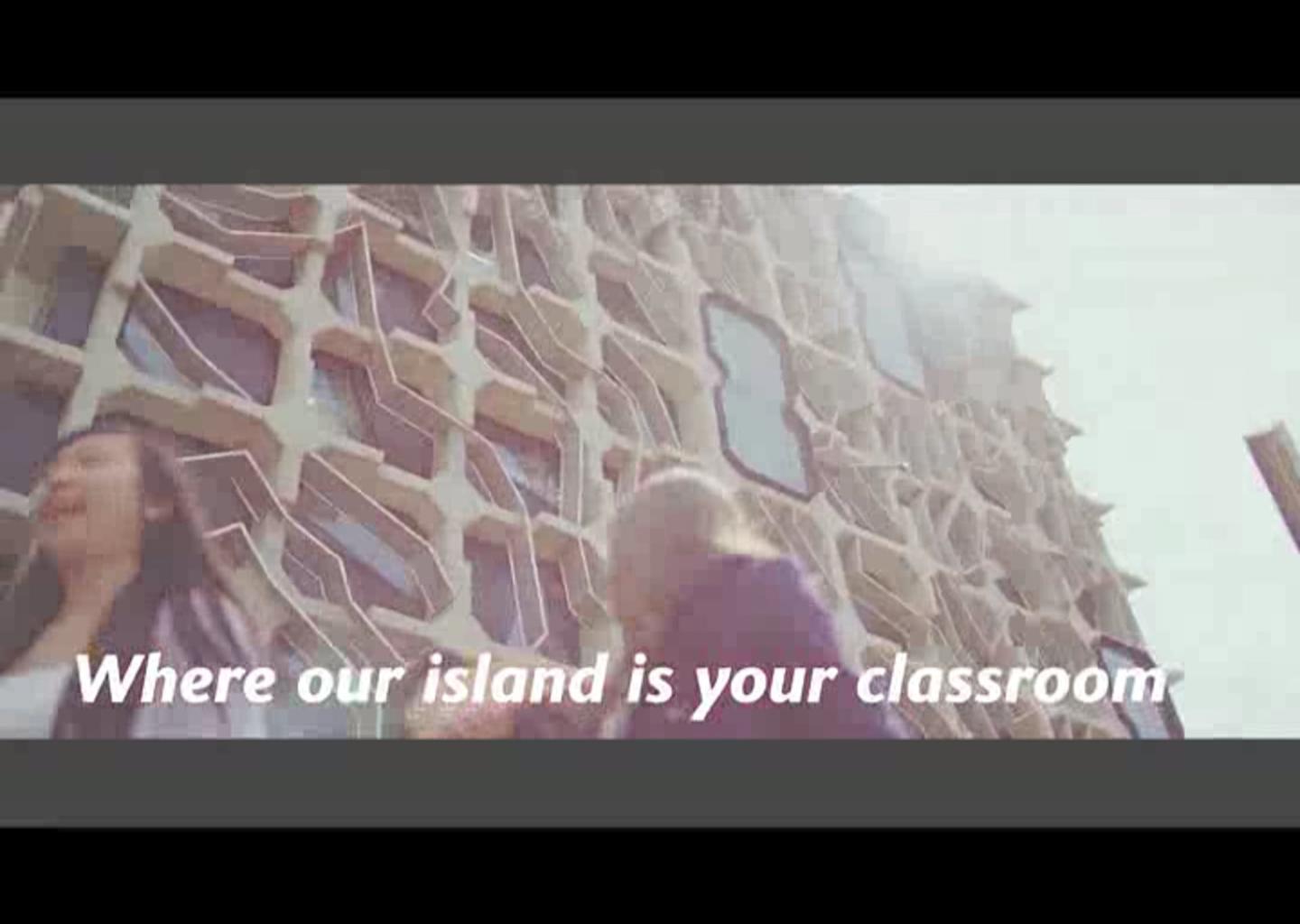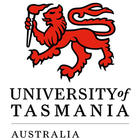Overview
When it comes to preparing for a future career, there is no place quite like Tasmania. Students won't just get hands-on learning and a great lifestyle they'll also immerse themselves in one of the world's most spectacular natural environments.
Surrounded by vibrant cities, beaches, snowfields and spectacular National Parks, Tasmania is a place where students can hear themselves think, and learn beyond the classroom. The whole island serves as the students' campus.
Many of the University's courses let students take their studies into Tasmania's great outdoors – on field trips, through work placements, and through a sustainability program. These real-world experiences make students more employable, while also giving them the chance to engage with a welcoming community. Plus, students will have a distinctive and unforgettable Australian experience.
Students can choose from an excellent selection of undergraduate and postgraduate courses. All are highly rated, although in particular the university is recognised for its quality of teaching in agricultural science, nursing, oceanography and law.
International students are warmly welcomed, with each campus providing a vibrant and diverse culture. Tasmania is an island of creative and curious minds. No matter where students join from, they'll become part of a welcoming, collaborative community.
There are many dedicated support services to help students relocate and learn at the University of Tasmania, including specific international scholarships.






































Let’s get started
Sign up or login in with one click
View your shortlist or close this box to continue researching